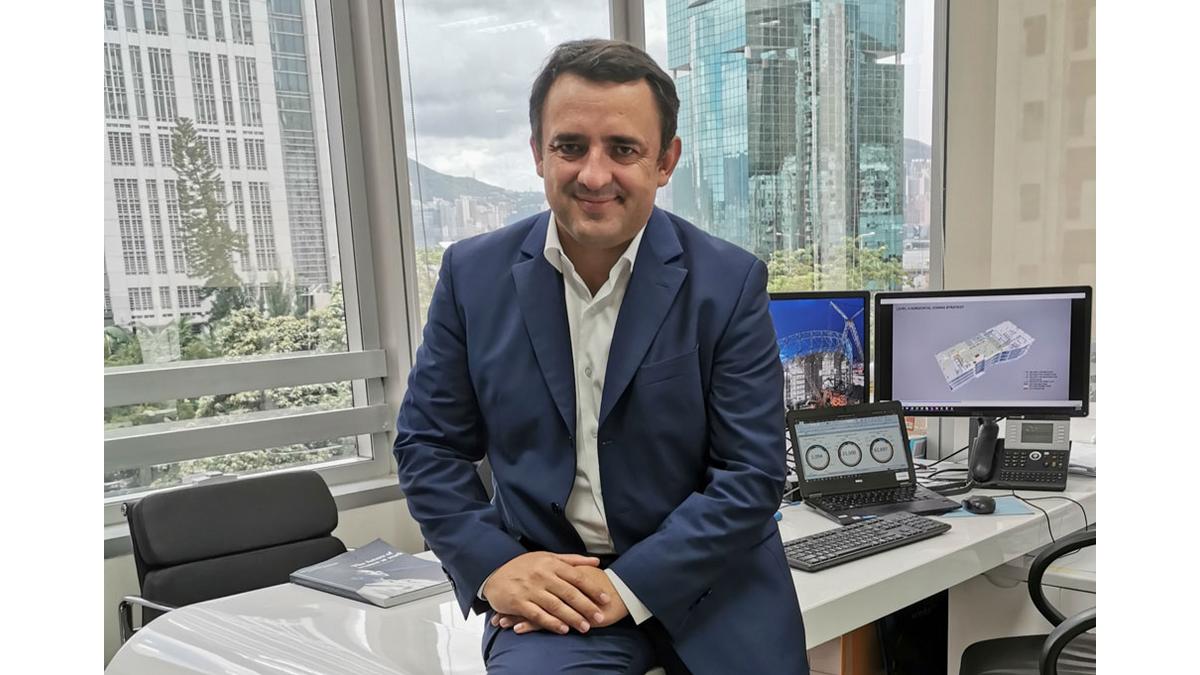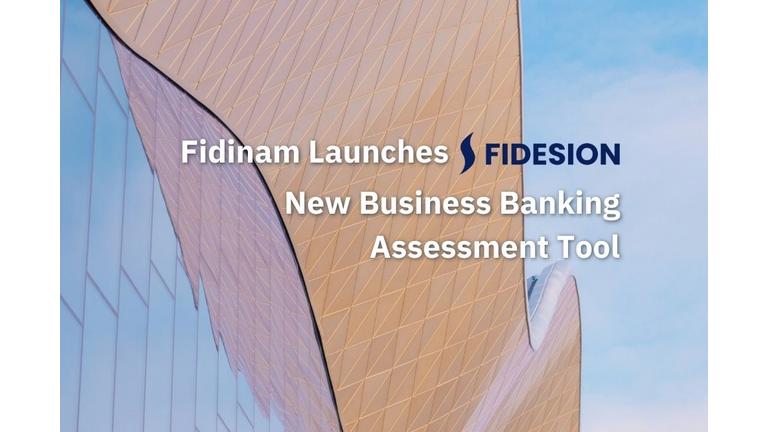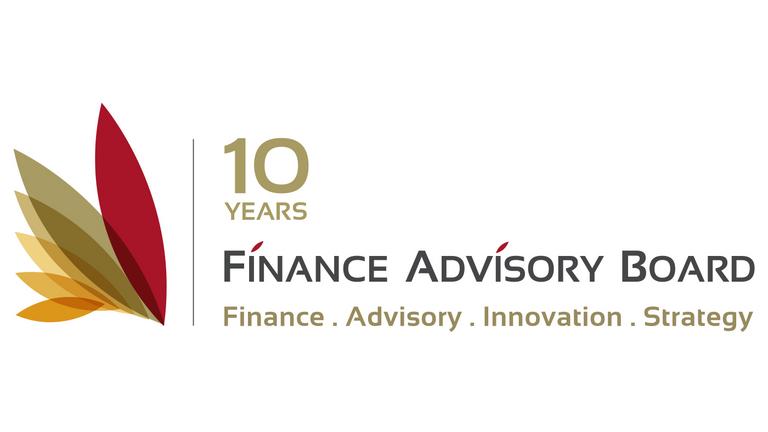HongKongEcho: Building the case for a smarter city

Hong Kong is yet to enter a full lock-down, but many found themselves working from home overnight. Pierre-Eric Saint-Andre’s word to the wise: take these lessons to make Smart City development a priority.
Pierre-Eric Saint-Andre is Chief Executive Officer Asia Pacific at Bouygues Batiment International and Chairman at Dragages Hong Kong.
HongKongEcho: This crisis has caused immense economic and social disruption. But what has it taught us about the cities we live in?
Pierre-Eric Saint-Andre: I would start by saying Hong Kong’s urban landscape is highly unique and still very efficient. However, this crisis has highlighted some opportunities to reshape the way we live and work in the city.
During the COVID-19 pandemic we have seen that working from home is possible – of course there are exceptions for some roles or industries. But it also not to say that purely working from home is easy to maintain in the long term.
HKE: Particularly in Hong Kong, where space comes at a premium.
PESA: Absolutely. It’s not viable for most people to be able to set up a permanent office at home. The point is that in the future we may not want to always work from home, but we may also not want to spend two hours every day in transportation, especially at peak hours.
Instead we could imagine a future Hong Kong where we can have a better mix of private, working, and leisure places within our immediate living environment.
The important thing is that Smart City is not about technology for the sake of technology. It has to be for people and have a real positive impact on people’s lives and their environment.
Such a structure would allow people to work remotely from highly digitised co-working spaces in their local neighborhood or even some dedicated shared spaces in the building where they live, only journeying into their main office once or twice a week.
The city must help people to socialise in all part of their life and in various places.
HKE: How does that play into the idea of Smart City development?
PESA: The concept of Smart City is all about making cities greener, smarter, and safer as part of the combat against shifting demographics, urbanisation, and climate change.
What does that mean exactly? Well, it can be the development of technologies like 5G and Internet of Things for greater connectivity, gathering big data to create smart AI platforms and efficient apps or implementing energy saving systems in buildings to make them more sustainable.
These are just some examples. The important thing is that Smart City is not about technology for the sake of technology. It has to be for people and have a real positive impact on people’s lives and their environment.
It would be a very interesting move if [the Government was] to invest more heavily in Smart City development in the wake of this crisis.
Moreover, when I talk about reshaping our living and working environment, it’s also about how we include more vegetation and social interaction into these areas.
HKE: Why should this be a focus currently as the economy tries to recover?
PESA: Given the situation, governments worldwide – including Hong Kong’s – will have to come up with stimulus packages through major public investment. At that point, the Government will have some choices to make in terms of how it wants to drive the long-term vision of the territory.
It would be a very interesting move if they were to invest more heavily in Smart City development in the wake of this crisis. Of course, Hong Kong already has a Smart City Blueprint which includes plenty of good ideas. But the Government could also decide to allocate more budget in this area in light of this unique period which has changed the way most of us view our relationship with where we live and work in the city.
HKE: How much is the Government looking to hear from the international business community regarding this development?
PESA: The Government is always very courteous and willing to listen to the international business community. To give a concrete example, last summer the French Chamber in Hong Kong and the Sustainable City Task Force of the MEDEF International (the Movement of the Enterprises of France) signed a Memorandum of Understanding with Hong Kong’s Smart City Consortium (a public body which advises the local government). This will promote cooperation between France and Hong Kong on topics related to Smart City – it’s hopefully just the beginning of a solid relationship moving forward.
HKE: How essential are those private-public partnerships and how can becoming a Smart City help Hong Kong in attracting and retaining the best talents?
PESA: Certainly, the partnerships that are implemented are paramount at the beginning of a new era of Smart City development. That’s why understanding and sharing the best smart city practices has become a vital necessity for countries all over the world. As a result, it could serve not only for sustainability but also for efficient economical development and social stability.
But while that may be true, I think you also have to think about the new generation of talents and what they’re looking for in their company. Young talents are increasingly looking for a business which has an impact on people and the environment. I can see it in my own company, where the younger generation of new hires is keen to question how we impact society in a positive way.
Over the years we’ve spoken about Unicorns, which are startups that reach a US$1 billion valuation. But now talents are seeking Zebra companies – startups which aim to have a positive impact and a viable business model whereby financial success is not the only measure of success. As a government, if you want to stimulate Smart City development, you will also help to offer opportunities for young talents to create their own Zebra companies in Hong Kong. That can only be a good thing.










